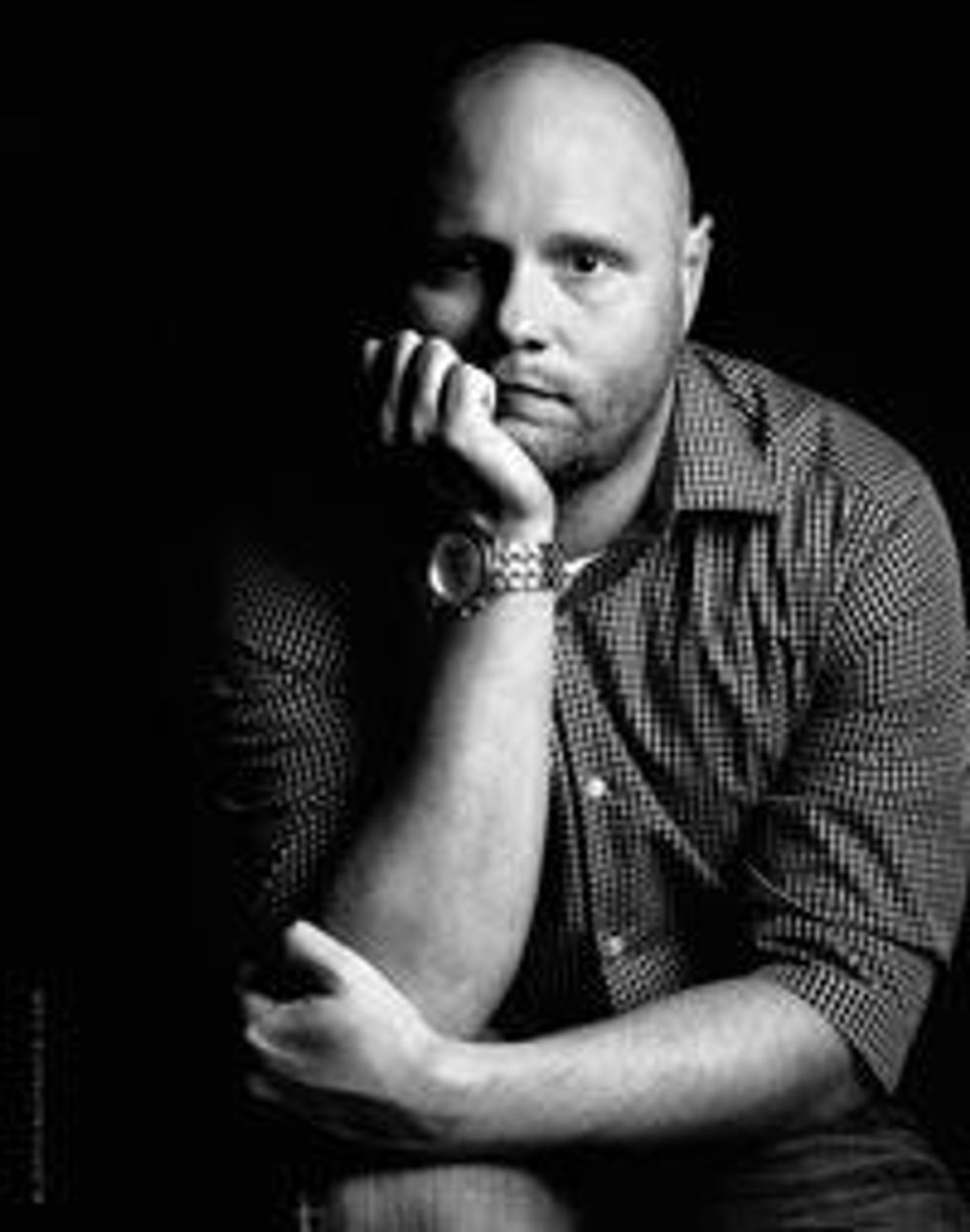
While venerable equality groups are shuttering, three scrappy Marylanders are launching one — and utilizing thoroughly modern ideas to succeed.
July 05 2016 5:26 AM EST
July 05 2016 1:30 AM EST
By continuing to use our site, you agree to our Private Policy and Terms of Use.

While venerable equality groups are shuttering, three scrappy Marylanders are launching one — and utilizing thoroughly modern ideas to succeed.
On June 26, 2014, Matt Newcomer, Matt Thorn, and I quietly chartered the Pride Foundation of Maryland. After serving in leadership roles at Baltimore's LGBT community center, we had each recognized the difficulties of managing an organization whose constituency is much broader than its donor base. Every decision was divisively political. Everyone had an opinion about where to spend money, few were inclined to raise it, and each dollar that went to one part of our community was a dollar denied another.
With that experience in mind, we challenged ourselves to build a sustainable LGBT organization that would operate without costly overhead. Such an organization would use the same techniques of outreach and engagement that already exist: volunteers, email, social media, and the web. The foundation, as we envisioned it, would empower individuals to organize themselves. And it would serve as a centralized, networked resource to help them be successful.
We discussed the project with advisers and veteran activists, and we've funded everything to date on less than a couple thousand dollars. Our budget is focused on basic telephone and web services, and regulatory fees. Not once in 24 months have we had a financial panic. If we stay true to our strategy, we can grow at a pace where we will never have one. Our only worry is how to now build the infrastructure that is accessible, dependable, and scalable.
Ultimately, we decided to build the foundation as an "open-source" tool, designing it in such a way that the whole apparatus is available for use and improvement by the community. For groups whose efforts support our mission, we can do targeted promotions to our email lists. Working through the foundation, individuals can push for LGBT-related programming at civic and cultural institutions. Our nonprofit status and our website can both be used to fundraise for LGBT events. We have a sharepoint where planning documents and sample permit applications can be stored for future reference. In every conceivable way, the foundation will work just as well to arrange a concert for a transgender a cappella group as it will to sponsor a suburban picnic for LGBT families.
The foundation will be successful because it leverages two simple principles that have been with us since the beginning of the movement for LGBT equality. First, we must be visible. We cannot be understood as full human beings if our lives are not celebrated without shame and without compromise. Everything the foundation does will make us more visible. Second, we LGBT people are ourselves the most significant resource in the community. No organization can succeed if it does not have our support. And the best way to involve the community is to put each of us at the center of the programming -- both as planners and participants.
The foundation's trustees serve only as the legal fiduciaries, funding and maintaining the infrastructure as a public good for Maryland's LGBT community. We will make the foundation and its resources available to anyone who is going to honor our lives and support our well-being. At the same time, we will encourage donors to use their money in direct support of programming. The only purpose for which we will use money coming to the foundation is to enhance the capacity of its intangible assets.
This isn't a radical idea. Motivated members of the LGBT community have always found ways to organize. The first events we dared to publicize were funded by ticket sales and advertised on hand-drawn mimeographed fliers. Today, one can easily find LGBT meet-ups and Facebook groups promoting everything from garden clubs to rock climbing. But connecting those activities and individuals through the foundation has powerful consequences. We can better understand the ambitions of the community in this "post-equality" moment without surveys and town halls. We will be training a new generation of LGBT leaders to organize around issues that matter to them. And, importantly, we will have a more established network of contacts the next time we're threatened.
Though the bars are closing and we've been leaving the gayborhoods, many of us still want places where we can be ourselves. We want to connect with other LGBT people whose lives and challenges are similar to our own. We want to be a part of events that celebrate who we are. But we can't afford to continue funding the number of smaller LGBT organizations whose missions have been winnowed by our success. And we can't pretend that the money spent to perpetuate them is ever going to reach as many of us as it should.
The Pride Foundation of Maryland is a model that will work here. It isn't recommended as the universal solution to a common problem. In states where we continue to fight for recognition of our basic human rights, we need the paid efforts of full-time staff. And at the national level, some form of professional organization will always be necessary to lobby for our interests.
Whatever happens in other places, I'm glad for the opportunity to build the foundation, and I'm grateful to work with others who are committed to the success of our community.

Want more breaking equality news & trending entertainment stories?
Check out our NEW 24/7 streaming service: the Advocate Channel!
Download the Advocate Channel App for your mobile phone and your favorite streaming device!